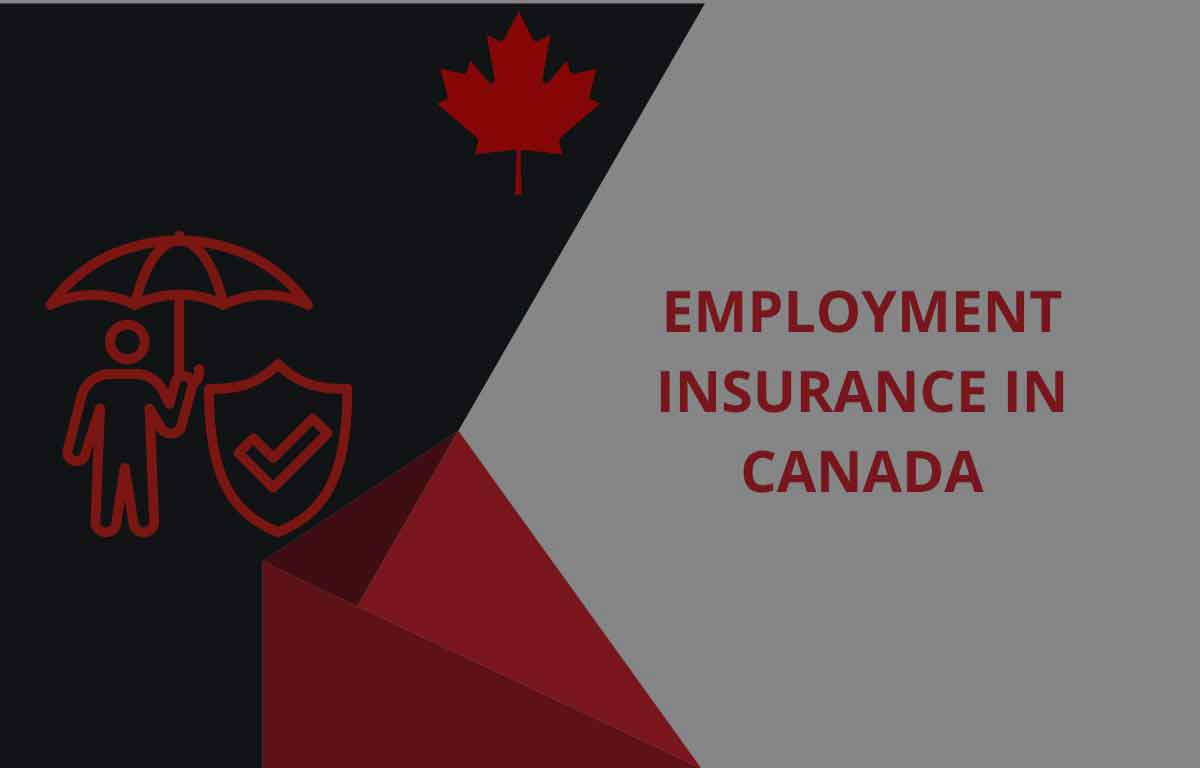Canada’s Employment Insurance or EI Canada program confidently provides short-term financial assistance to individuals who have lost their jobs, helping them to weather the storm while they get back on their feet.
The program offers strong support to Canadians during times of unemployment or life events like parental leave like maternity, It provides robust economic assistance and a range of benefits to help Canadians weather difficult times with confidence.
Employment insurance in Canada serves the definite purpose of offering short-term financial assistance to individuals who are currently unemployed or facing specific life situations.

How many hours are you allowed to work while on EI Canada
However, there are some rules and limitations regarding the number of hours you can work.
Earnings Threshold
- Your income may have an impact on your EI compensation.
- The most common earnings threshold is the highest amount you can make from work or self-employment and still be eligible for EI payments.
- If you go above this limit, your benefits can be diminished or denied.
- The precise threshold sum can vary depending on things like your prior wages and the area you live in.
Part-Time Work
- You may be able to work a different number of hours without compromising your benefits.
- The accessibility of acceptable full-time employment in your neighbourhood and the nature of your part-time work are a few of variables that could be taken into account.
Other
- For every dollar you earn while receiving EI benefits, you can keep 50 cents.
- You may deduct up to 90% of your prior weekly wages, which is equivalent to working 4.5 days.
- It won’t affect the number of weeks you have remaining on your claim if you don’t work 40 hours a week every week and need to keep your claim open.
Working while on Employment Insurance in Canada
- In Canada, the employment insurance programme was established by the federal government.
- If you are out of work due to illness, a layoff, parental leave, maternity leave, seasonal job, or other exceptional circumstances, this programme is there to temporarily supplement your income.
- Canadians who have worked at least 420 insurable hours are eligible and pay into this plan with every pay check.
Also Check: Minimum Wage Manitoba
Benefits of EI Canda
Here are some of the common types of EI benefits available
Regular EI Benefits:
You must have completed a minimum number of hours that are eligible for insurance as well as other requirements to be eligible.
During your unemployment, regular EI benefits help to supplement your income.
Maternity and Parental Benefits:
Pregnant people who require time off work before and after giving birth might receive maternity benefits.
Parents who are taking care of a newborn or recently adopted kid are eligible for parental benefits.
These benefits assist in replacing a portion of the person’s salary while they are on leave.
Sickness Benefits:
People who are unable to work due to illness, accident, or quarantine are eligible for sickness benefits.
These benefits offer short-term financial assistance for a predetermined time when the recipient is unable to work.
Compassionate Care Benefits:
Benefits for compassionate care are available to anyone who must take time off work to care for a family member who is seriously ill and in danger of passing away.
These benefits offer financial assistance while on leave.
How long After Reports are filed will you Receive Money?
Your benefits should be instantly transferred into your account within 2-3 business days after you have submitted your report.
How many hours can I work while receiving Employment Insurance (EI) benefits?
Depending on your particular circumstances and the guidelines established by Service Canada, the number of hours you are permitted to work while receiving EI may change.
As a rule, you can continue to get EI benefits while working part-time. There is, however, a threshold for earnings, or the highest amount you can make from job or self-employment and still be eligible for benefits. Your benefits can be diminished or withheld if your wages go above this limit.
Can I work full-time and still receive EI benefits?
You might not be qualified to receive EI payments if you are employed full-time. Individuals who have lost their jobs or are working a restricted schedule are often eligible for EI benefits.
It is imperative that you thoroughly examine Service Canada’s eligibility criteria and regulations to ascertain whether you meet the requirements for receiving EI payments while being employed full-time.
Reference: springfinancial.ca/blog/boost-your-income/working-while-on-employment-insurance-in-canada